Introduction
In 2025, the tech industry continues to dominate the global wealth landscape, with artificial intelligence, cloud computing, and semiconductors driving massive gains for the sector’s biggest players. From Elon Musk’s bold ventures in space and AI to Larry Ellison’s cloud-powered comeback, the richest tech billionaires of this year reflect both innovation and market momentum. This article explores the top 10 tech billionaires of 2025, the companies fueling their fortunes, and the trends shaping the future of technology-driven wealth.
1) Elon Musk — The headline-maker on both rockets and AI

Elon Musk reclaimed a top position among the world’s wealthiest in 2025 after a tumultuous few years; his wealth has been driven primarily by Tesla and SpaceX valuations, plus stakes in X (formerly Twitter) and AI investments. Forbes and Bloomberg reported Musk’s net worth among the highest worldwide in 2025, with headline-grabbing swings documented throughout the year.
Investor optimism around Tesla’s energy and vehicle roadmap was combined with renewed excitement for SpaceX privatizations and private tender offers that were used to value SpaceX shares. In addition, Musk’s role in AI-related ventures — including XAI and other projects — was repeatedly highlighted by market analysts as a multiplier for investor expectations. News events and compensation proposals related to Tesla were also influential on paper wealth.
Because Musk’s net worth is highly concentrated in equity and private holdings, it was stressed in coverage that future swings will continue to be driven by market valuation events (product deliveries, regulatory news, SpaceX valuation rounds). For readers, it was useful to know that his headline net worth changes did not always reflect realized cash flows; rather, they were paper valuations based on share prices and private tender offers.
2) Larry Ellison — Oracle’s comeback and a cloud-powered surge

Larry Ellison, co-founder and longtime chairman of Oracle, became one of the biggest wealth gainers in 2025 as Oracle’s stock rallied dramatically on the back of strong cloud performance and big enterprise AI deals. Multiple outlets reported that Ellison moved into the very top ranks of net worth this year as Oracle’s equity valuation climbed.
Oracle’s cloud services and software licensing gains were highlighted as the primary engines. Diverse enterprise customers were said to be increasing spending on AI and on-premise/ hybrid cloud integrations where Oracle competes, driving revenue upgrades and investor re-rating. Because Ellison maintains a large ownership stake, his net worth rose substantially as Oracle’s market capitalization expanded in 2025.
Oracle’s ability to sustain cloud growth and integration wins vs. hyperscalers was noted as the lynchpin for Ellison’s continuing wealth trajectory. Analysts were also said to be watching regulatory scrutiny and large contract renewals that could affect future valuations.
3) Mark Zuckerberg — Meta’s metamorphosis into AI and mixed reality

Mark Zuckerberg’s net worth benefited from a strong recovery in Meta Platforms’ share price, which had been buoyed by advances in AI, growth in ad relevancy, and sales of Quest (Meta’s VR hardware). In 2025, Meta was reported to have posted gains that materially added to Zuckerberg’s stake value.
Meta’s massive investments in AI infrastructure and advertising optimization paid off during the year, and this led to higher revenue guidance and improved investor sentiment. Additionally, continued bets on mixed reality products (hardware and software) contributed to the positive narrative that was priced into the stock. As Zuckerberg retained a major stock position, these improvements were reflected directly in his net worth estimates.
For readers, it was important to note that Meta’s long-term business plan hinged on both ad revenue resilience and the commercialization of AR/VR platforms. Any regulatory headwinds or slowing ad trends could still cause visible corrections in Zuckerberg’s paper wealth.
4) Jeff Bezos — e-commerce, cloud, and Blue Origin’s shadow
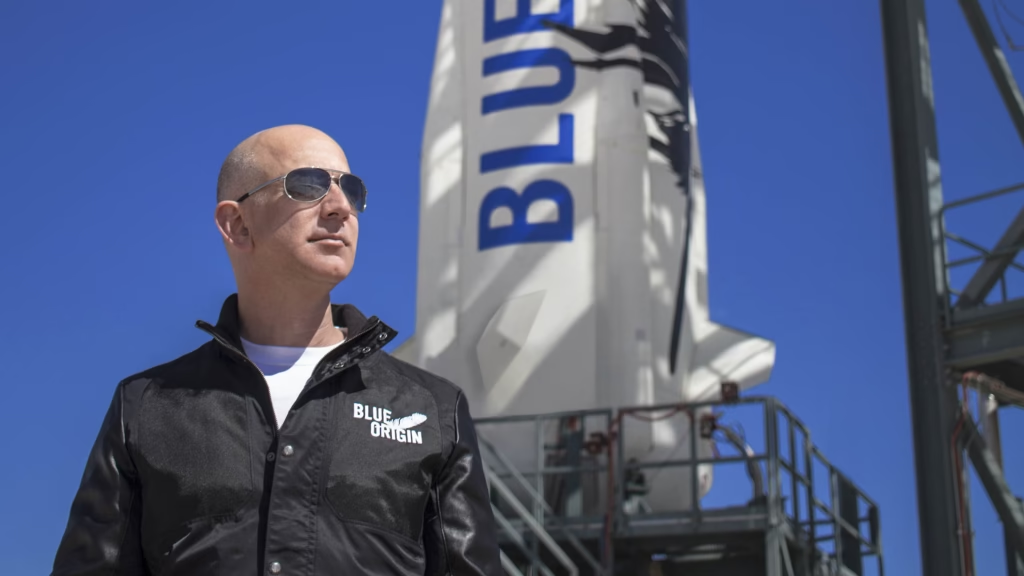
Jeff Bezos remained one of the wealthiest individuals in technology in 2025, with his net worth tied to Amazon share performance and diversified investments including aerospace. Bezos’s stakes in Amazon and in space ventures continued to be key to his position on wealth rankings compiled by the financial press.
Amazon’s cloud division (AWS) and continued expansion of e-commerce services were noted as the pillars behind positive investor sentiment. Meanwhile, Bezos’s space investments and private asset moves were covered in profiles that explained how wealth was being allocated across public and private holdings. Market reactions to Amazon’s earnings and guidance were taken as the main source of short-term net worth fluctuation.
Amazon’s operational margin and AWS growth trajectory were identified as the two most important factors for future wealth changes for Bezos. Trade and macro conditions were also observed to influence near-term stock moves.
5) Larry Page — Google’s cofounder and long-term holder of Alphabet value
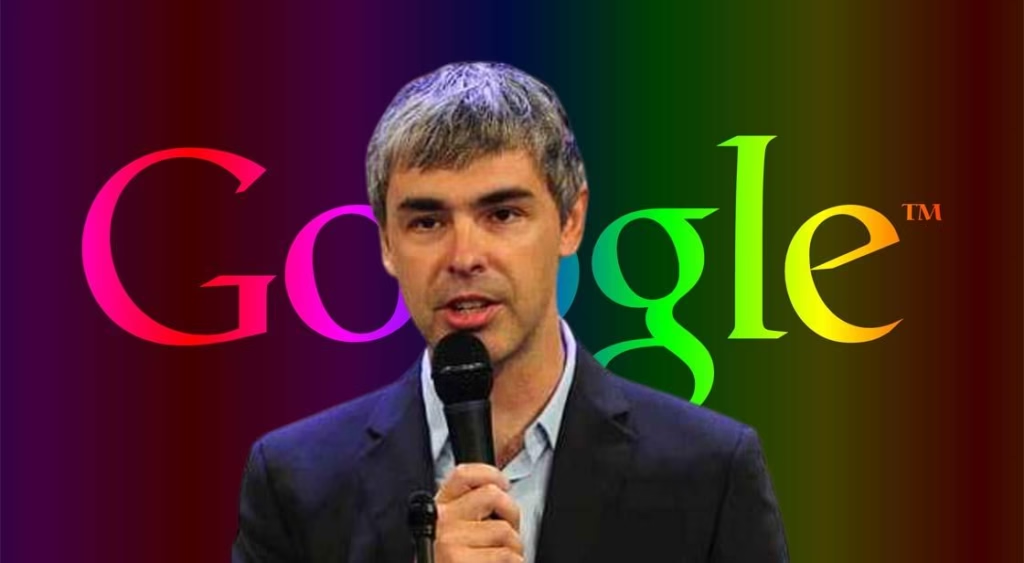
Larry Page’s stake in Alphabet (Google) made him one of the richest people in tech in 2025. Page’s net worth was reported to have been affected by Google’s ad revenue recovery and investments into AI and cloud services.
Google’s leadership in search, AI tooling, and cloud infrastructure was again underscored, and market participants were said to be rewarding that exposure. Early-stage bets in moonshot projects, including those tied to AI research and applied products, added contextual depth to media coverage of Page’s wealth.
Alphabet’s regulatory environment, ad pricing dynamics, and the uptake of AI products were called out as the primary variables that could influence Page’s paper wealth in future reporting.
6) Sergey Brin — From search to moonshots, still a major Alphabet stakeholder

Sergey Brin continued to be one of the richest people in tech thanks to his position as a cofounder and significant shareholder of Alphabet. His holdings in Google parent Alphabet were shown to account for the bulk of his wealth in 2025 estimations.
The same drivers that benefited Larry Page — ad recovery, AI investments, cloud strength — were captured in Brin’s profile. In addition, Brin’s visibility in moonshot projects and investment vehicles was often cited as an indication that some wealth was allocated into longer-duration private or strategic initiatives.
The degree to which Alphabet can sustain growth in search monetization while commercializing newer AI models was expected to determine how Brin’s position would track against other tech billionaires in the months ahead.
7) Jensen Huang — Nvidia and the semiconductor-led AI surge
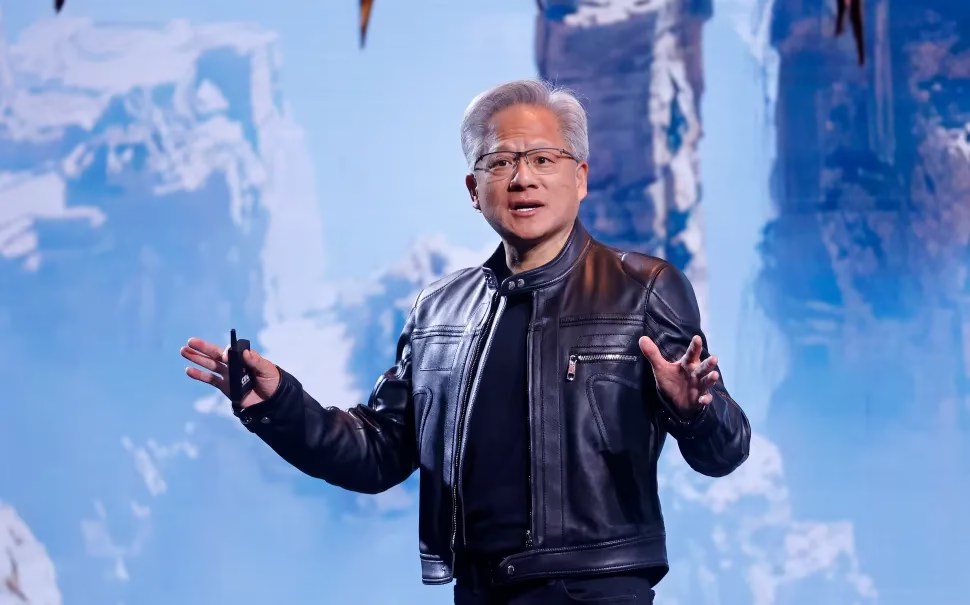
Jensen Huang, founder and CEO of Nvidia, became emblematic of the semiconductor-led AI boom. As Nvidia’s market capitalization surged during 2024–2025, Huang’s personal wealth was materially elevated and he entered the top ranks of the global riches lists. Several outlets reported his net worth jumping into the hundreds of billions as Nvidia became one of the most highly valued companies on the planet.
The unprecedented demand for GPUs and AI acceleration hardware directly translated into revenue and multiple expansions for Nvidia. Moreover, Huang’s equity stake in Nvidia meant that the company’s market-cap surge was reflected strongly in his paper wealth. The semiconductor supply chain and datacenter AI spending were both covered as the structural drivers for these gains.
As with other equity-heavy fortunes, Huang’s net worth was sensitive to semiconductor cycle dynamics, international trade developments (especially cross-border chip supply and export policy), and potential competition from alternative hardware or regional chip initiatives.
8) Steve Ballmer — Microsoft legacy and a Microsoft-connected fortune
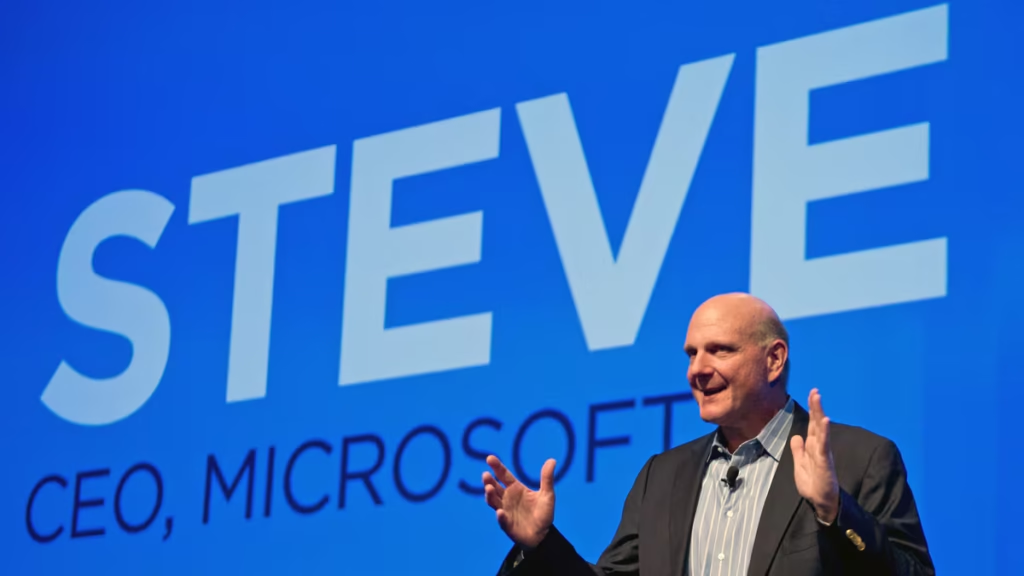
Former Microsoft CEO Steve Ballmer held a place among the wealthiest technology-linked people in 2025 thanks to his long-term stake in Microsoft and his ownership of other private assets. Ballmer’s wealth was periodically reported in the same top ranks as other tech titans.
Microsoft’s consistent revenue from cloud computing (Azure), enterprise licensing, and AI partnerships was cited as a basis for investor confidence. Ballmer’s stake benefited from Microsoft’s performance, and, because his holdings were sizable and relatively concentrated, any material move in Microsoft’s valuation proportionally affected his reported net worth.
Continued strength in Azure and enterprise product lines, as well as Microsoft’s M&A strategy or large AI partnerships, were flagged as the aspects that could either support or pressure Ballmer’s wealth in future reports.
9) Bill Gates — philanthropy, investing, and a shifting ranking
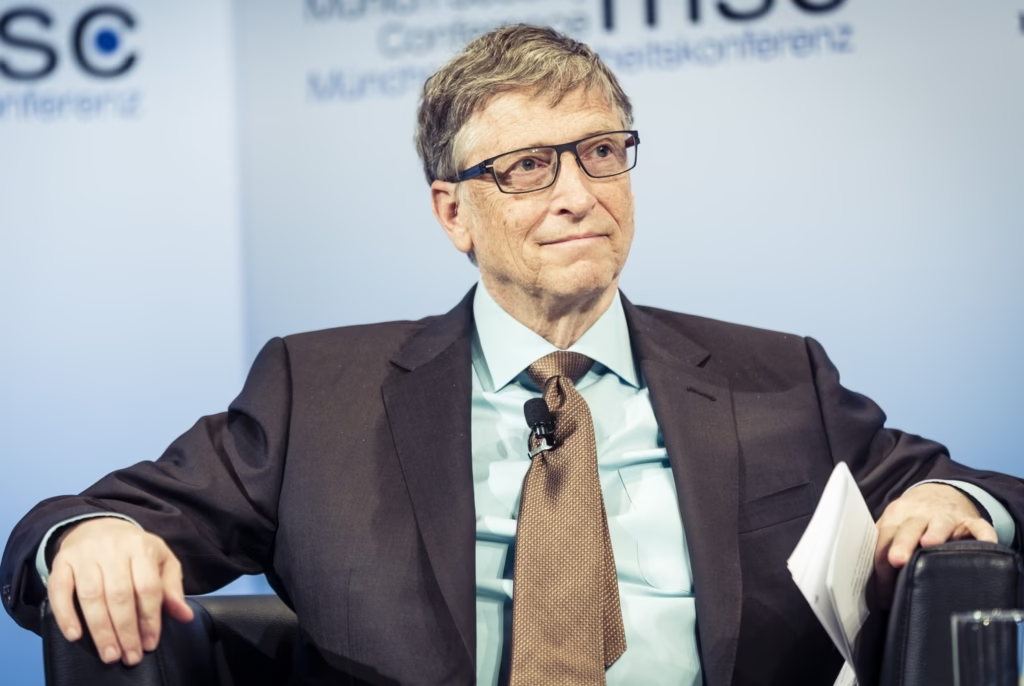
Bill Gates’ net worth remained vast but had been de-emphasized in some “top ten” lists as other tech founders’ fortunes ballooned quickly in 2025. By many accounts, Gates’s ranking slipped relative to high-velocity equity holders; however, his overall fortune and influence remained substantial.
Gates’ holdings in Microsoft and other diversified investments were tracked closely; meanwhile, a portion of his assets had been allocated to philanthropy and private investments, which was documented in reporting that explained why his headline net worth could differ between indexes. It was reiterated that Gates’s wealth profile was less exposed to single-stock volatility than several of his peers, because of diversified allocations and charitable outflows.
The interplay between philanthropic giving, private investment returns, and the performance of legacy public holdings was described as the determinant of Gates’ future ranking in wealth lists.
10) Michael Dell — enterprise hardware and private equity moves
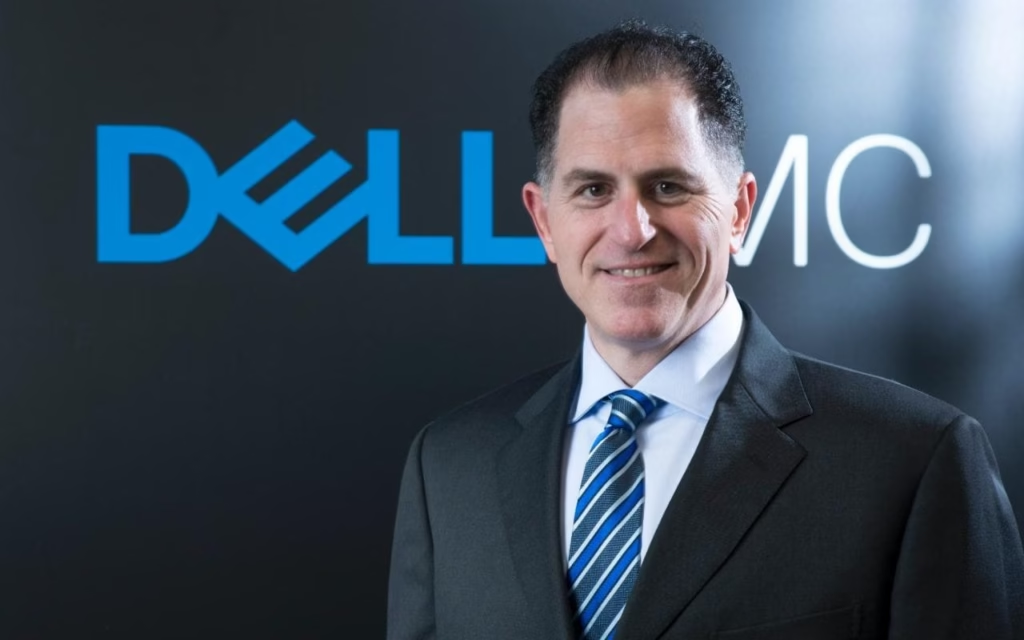
Michael Dell rounded out many “top ten tech” lists in 2025, with his fortune being tied to Dell Technologies and related investments. Reporting in 2025 emphasized that Dell’s net worth was elevated by the enterprise demand for servers, storage, and integrated systems that supported cloud and AI workloads.
Demand for datacenter hardware and support services increased as enterprise AI projects proliferated, and this environment was favorable to Dell Technologies’ product set. Media analyses cited Michael Dell’s significant ownership as the mechanism by which company performance translated into personal net worth gains. Additionally, private equity moves and charitable giving were cited as items that could shift reported totals in different indexes.
The principal risks to Dell’s wealth were explained as changes in corporate IT spending, the health of the hardware cycle, and the firm’s ability to maintain margin disciplines in the face of competitive pressure and component cost swings.
Conclusion
The top 10 tech billionaires of 2025 highlight how innovation, market shifts, and the AI revolution continue to shape global wealth. From semiconductors powering AI to cloud platforms driving enterprise growth, these leaders remain at the center of technological and financial change. While fortunes may fluctuate with market trends, one thing is clear — technology will remain the driving force behind the world’s richest entrepreneurs.
Read more trending TECH NEWS here.
![]()
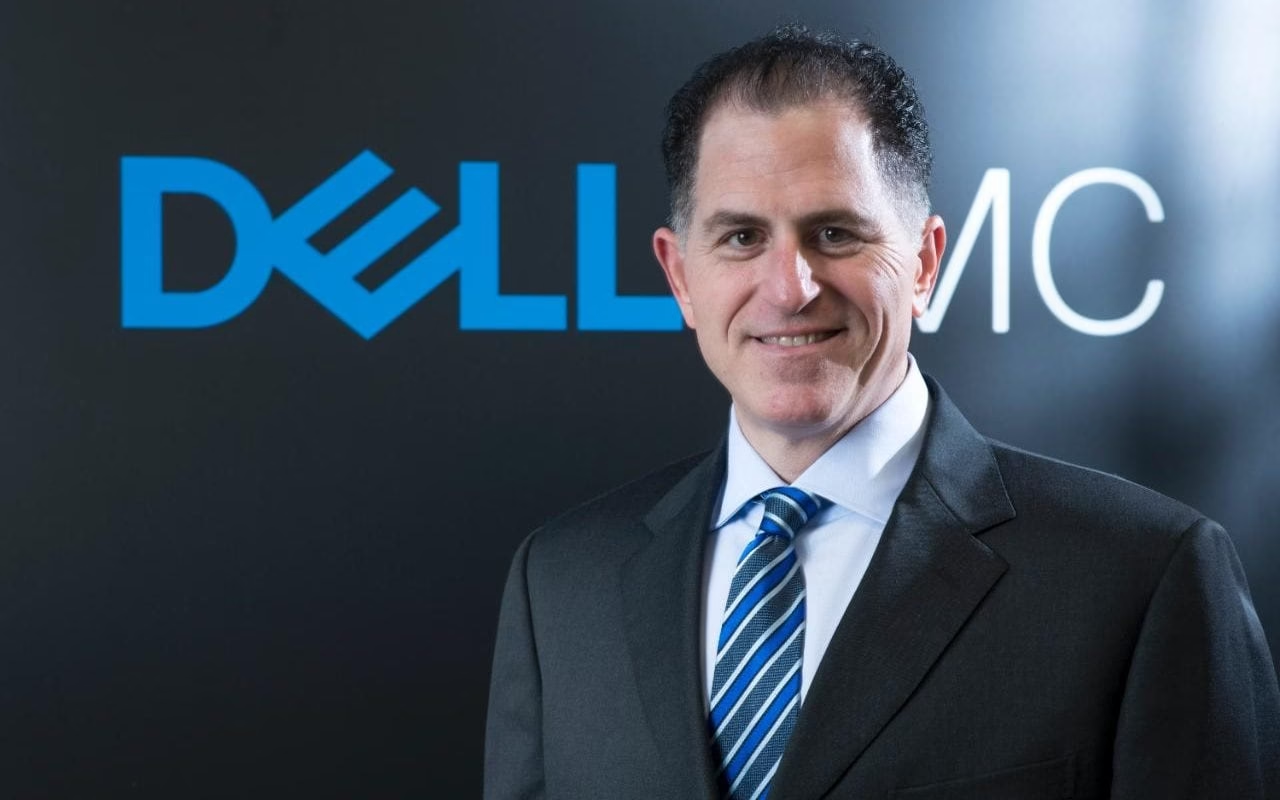

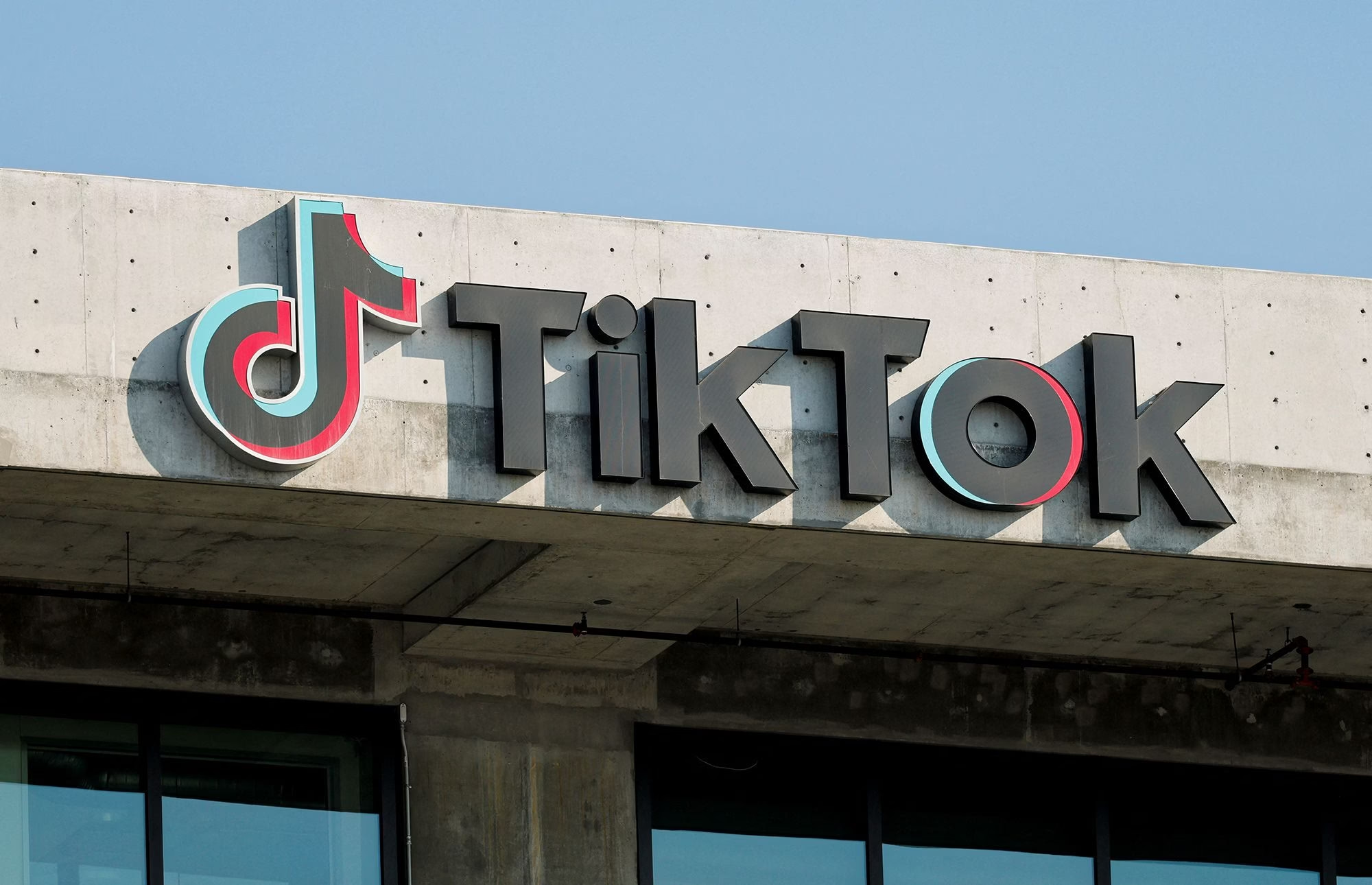

I really like reading through a post that can make men and women think. Also, thank you for allowing me to comment!